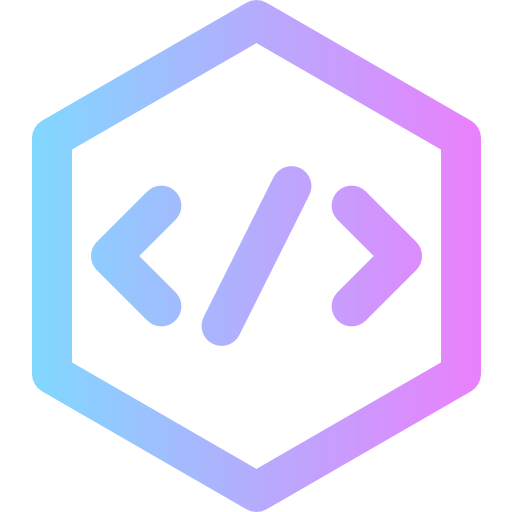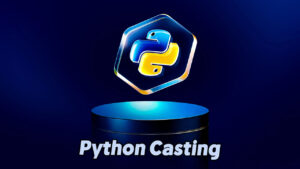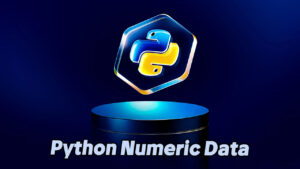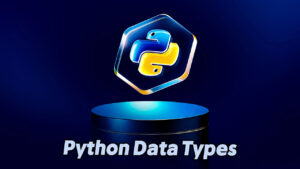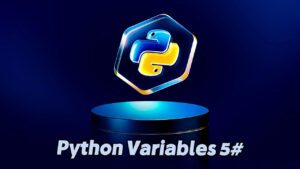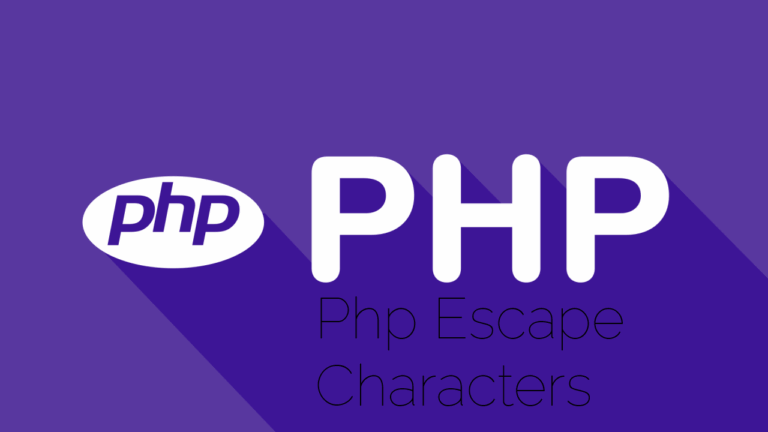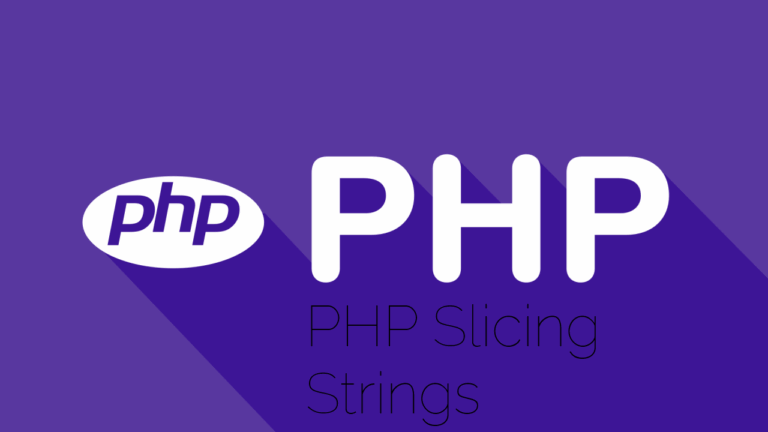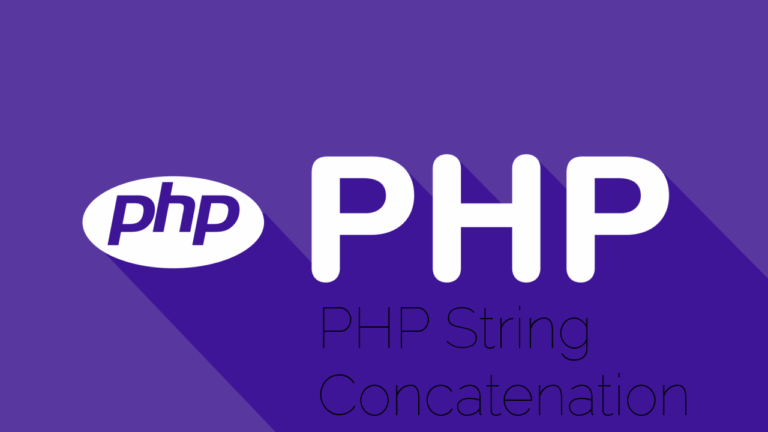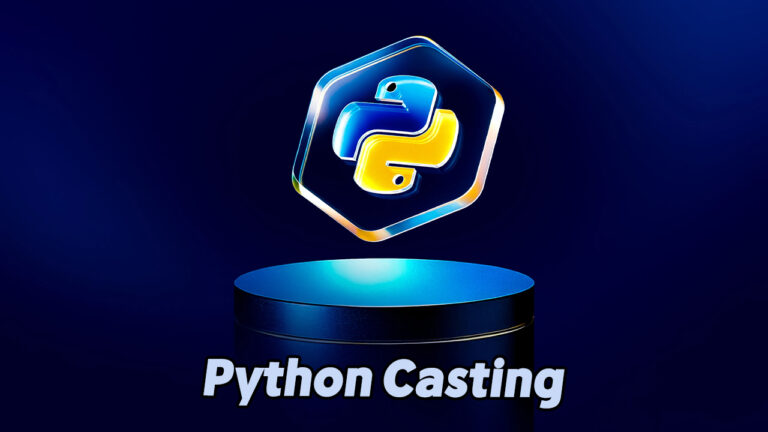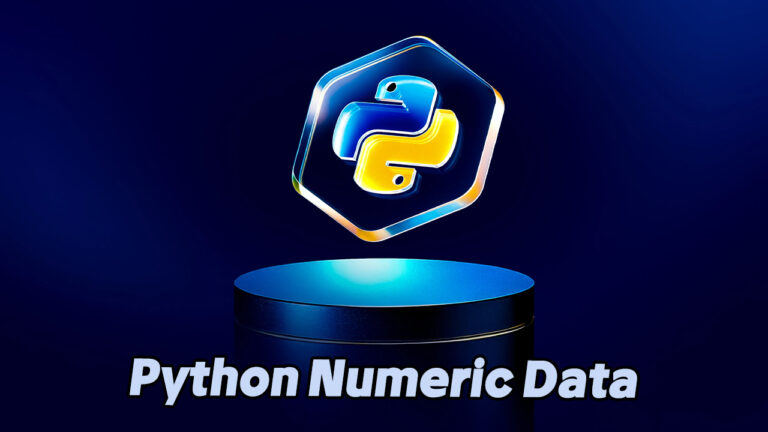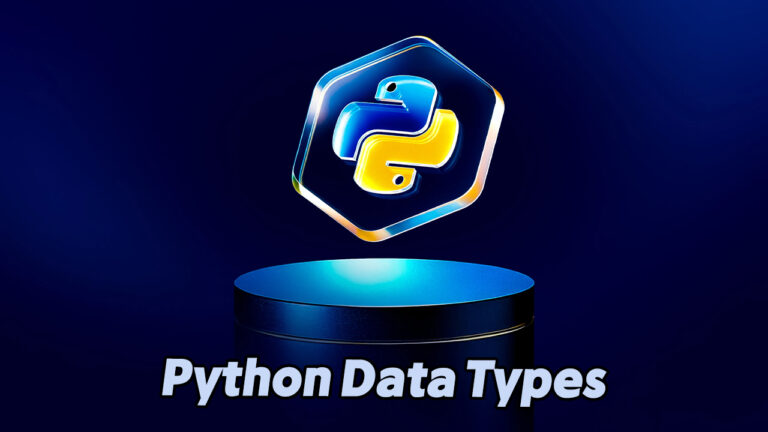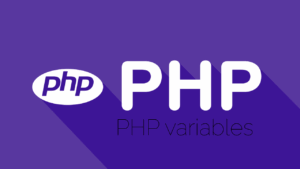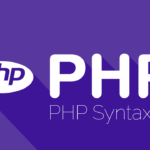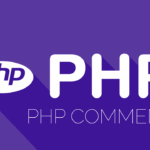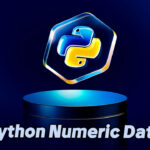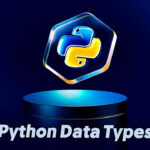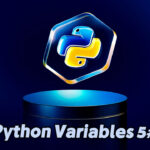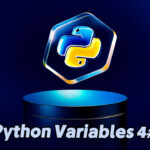Managing Variable Scope in PHP: The Role of global and static
In PHP, the global keyword is essential when a function needs to access variables defined outside its scope. By declaring variables as global within a function, PHP allows those variables to retain their external values and be manipulated inside the function body.
Accessing Global Variables in Functions
Consider the following example demonstrating this behavior:
$x = 5;
$y = 10;
function myTest() {
global $x, $y;
$y = $x + $y;
}
myTest();
echo $y; // Outputs: 15
In this example, both $x and $y are global variables. The global keyword ensures that the function modifies the global instance of $y, rather than creating a local copy.
Alternative Approach Using the $GLOBALS Array
PHP automatically stores all global variables in the predefined $GLOBALS associative array. This array can be accessed from within any function, providing an alternative to the global keyword.
Here’s how the same logic can be expressed using $GLOBALS:
$x = 5;
$y = 10;
function myTest() {
$GLOBALS['y'] = $GLOBALS['x'] + $GLOBALS['y'];
}
myTest();
echo $y; // Outputs: 15
Using $GLOBALS makes it explicitly clear that you are working with the global scope.
Preserving Variable Values with static
Under typical circumstances, all local variables inside a PHP function are deleted once the function execution completes. However, in some scenarios, retaining the variable’s value between function calls is necessary. PHP addresses this with the static keyword.
Example of a Static Variable
function myTest() {
static $x = 0;
echo $x;
$x++;
}
myTest(); // Outputs: 0
myTest(); // Outputs: 1
myTest(); // Outputs: 2
In this example, the variable $x retains its value between function calls. This is because static prevents the variable from being destroyed after the function finishes executing. Nevertheless, $x remains a local variable—it is not accessible outside the function.
Conclusion
Understanding the global and static keywords in PHP is fundamental for managing variable scope effectively. These features empower developers to write cleaner, more predictable code. For a deeper dive into PHP fundamentals, visit Devyra, your trusted resource for modern web development tutorials.
